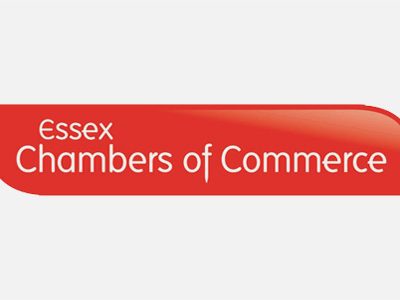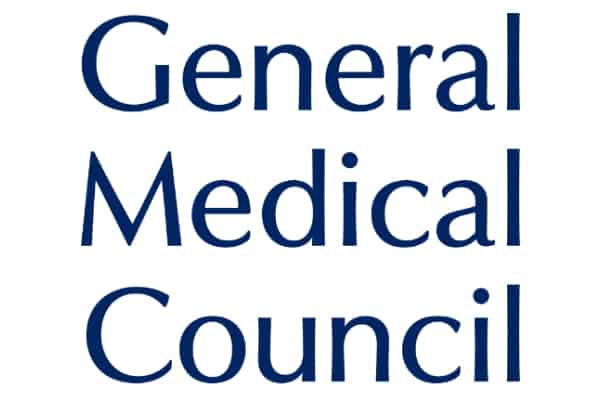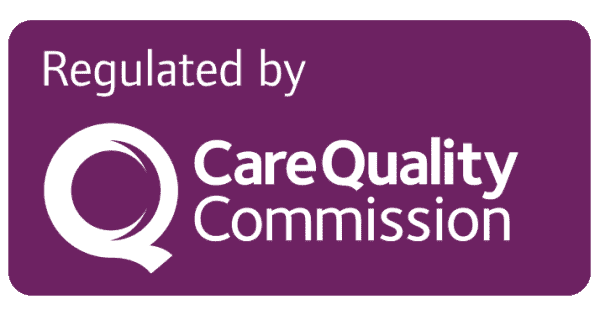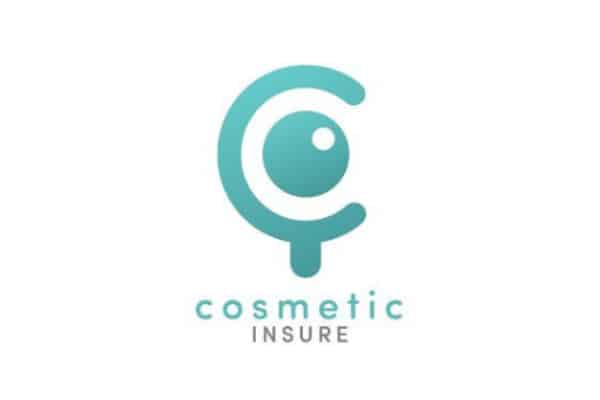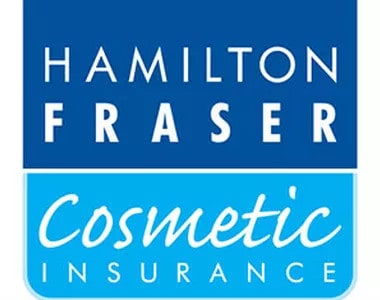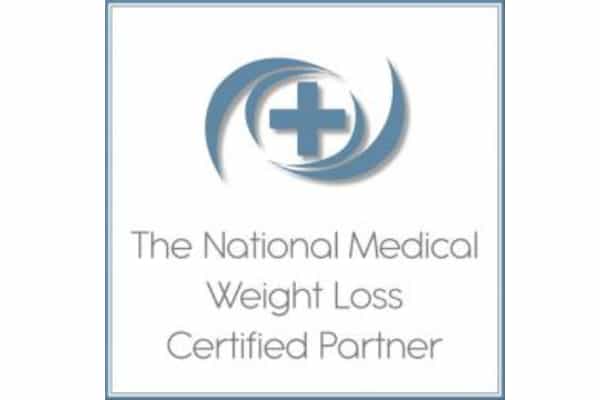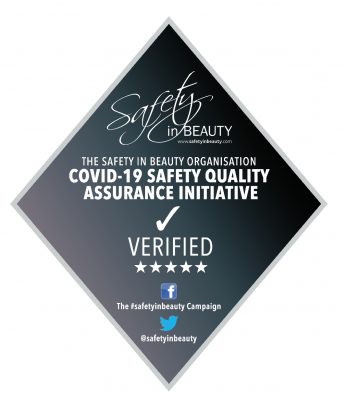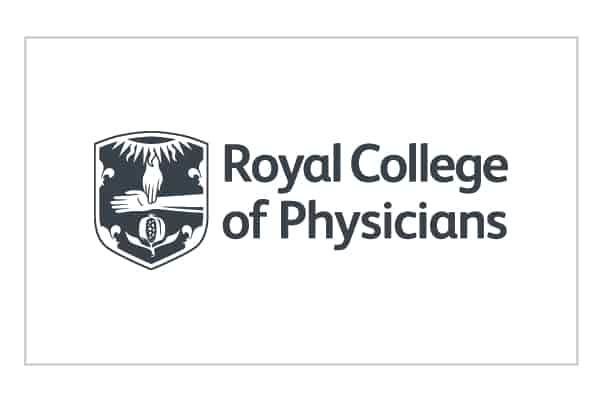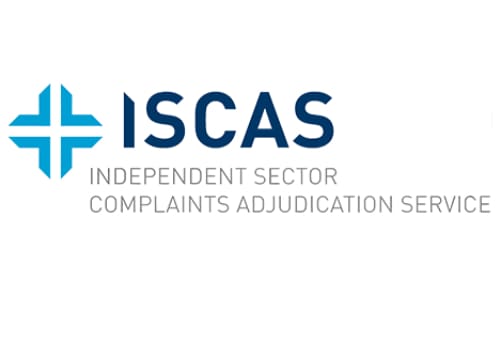
The need for regulation to ensure safe aesthetic treatments in the UK has never been greater. Headlines about complications and even fatalities due to unregulated injectors have raised serious concerns about aesthetic treatment safety in the UK. As CEO of Vie Aesthetics, a regulated aesthetic clinic, I want you to feel reassured that we are committed to ensuring that our clients receive safe and effective treatments. In this blog post, I aim to address these pressing issues, raising awareness about the severity of this issue while reassuring you of our dedication to exemplary safety standards and ethical practice.
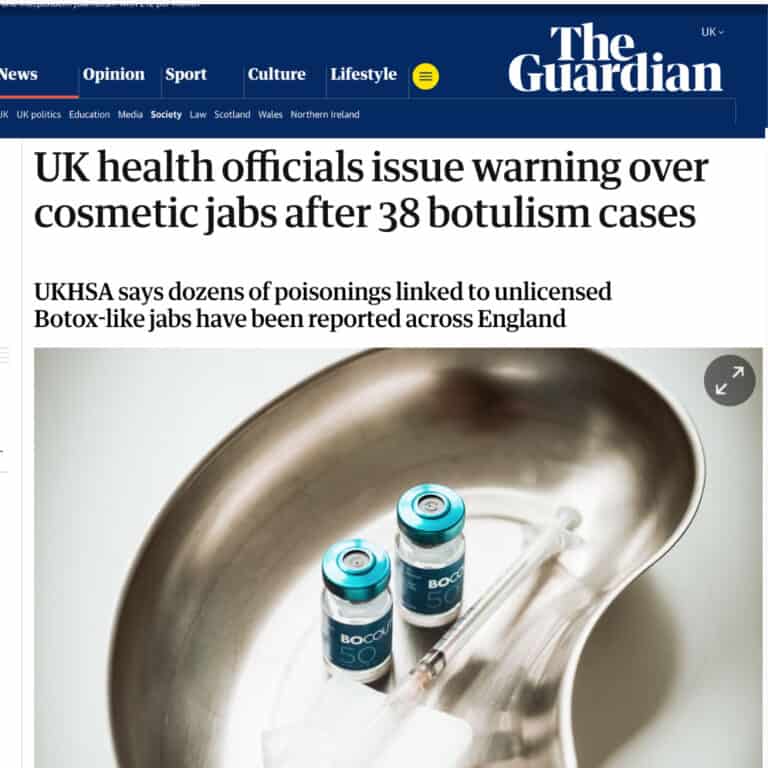
The demand for aesthetic treatments has surged, with Botox, dermal fillers, and skin rejuvenation now mainstream. The rise in popularity of aesthetic treatments has led to a surge in providers entering the market, but this influx has not come without risk and regulations is still lacking. Recently, we have seen harrowing cases in the press with headlines with calls for regulation is gaining momentum.
The Guardian, reported that patients are at risk due to poorly trained, non-medical injectors, whilst Sky News detailed cases of botulism linked to illegal injections. the discussion has been going on for a while, though. In July 2023, for example, the Daily Mail highlighted MPs calling for urgent regulation of non-surgical cosmetic treatments to protect patients.
Needless to say that the headlines start catching up with the reality in England and make it apparent why we must not trivialise medical procedures as “beauty fixes.” At their core, they are medical interventions requiring expertise and strict safety protocols.
it is not a secret that press, media, social media influencers and quick-fix advertising have normalised Botox and fillers as if they were harmless. Research in the Journal of Facial Plastic Surgery found 60% of people underestimate risks before treatment.
By contrast, the rest of the world only allow licensed doctors and medical professionals to carry out injectables, backed by clear legal frameworks. Sadly, in the UK,the public are still without the same level of protection.
Sadly, complications are not rare when treatments are delivered by unqualified hands. News like the case of a woman suffering infections and deformities after unlicensed fillers in London reporten in The Independent , or influencer Sophie Hinchliffe’s corrective surgery after complications with non-medical treatments, as reported in The Sun are just the tip of the iceberg. I could go on with reported harrowing stories, that highlight why it is crucial to research your provider and always prioritise safety over convenience, trends or cost.
When it comes to aesthetic treatments, selecting a qualified clinic is paramount. At Vie Aesthetics, for example, your care is underpinned by the highest medical standards, and our commitment to patient safety and satisfaction, guided by the expertise of our Medical Director, Dr. Liakas. In our most recent Care Quality Commission (CQC) inspection (Dec 2022) the inspectors highlighted our outstanding practices, including overwhelmingly positive patient feedback, innovation in care, and sustainability measures and praised our:
Safety: “Staff had training in key skills, understood how to protect patients from abuse, and managed safety well.”
Caring: “Staff treated patients with compassion and kindness, respected their privacy and dignity.”
Leadership: “Managers ran the service well… staff understood the service’s vision.”
Indeed, Dr. Liakas and the medical team have extensive experience in aesthetic procedures who understand the complexities of cosmetic treatments. Our clinics maintain an exemplary safety record by using only top-quality products sourced exclusively from licensed pharmacies. As you will already know, we are dedicated to continuous education, attending seminars and workshops, ensuring we stay up-to-date with the latest findings and advancements in aesthetic medicine.
The role of Informed consent is essential. As Dr Dennis Wolf explained in the Journal of Cosmetic Dermatology:
“There is a moral obligation to inform patients about the risks associated with procedures.”
At Vie Aesthetics, every consultation includes a full discussion of your options, outcomes, and risks. The CQC recognised our processes for ensuring patients feel respected, valued, and well-informed.As highlighted in a recent article by The British Medical Journal, “Consumer awareness is key to safeguarding against unsafe practices in the world of aesthetics.”
If you are considering treatment, always check:
Care Quality Commission (CQC) for clinic inspection ratings: cqc.org.uk
General Medical Council (GMC): gmc-uk.org
Nursing and Midwifery Council (NMC): nmc.org.uk
British Association of Aesthetic Plastic Surgeons (BAAPS): baaps.org.uk
When choosing aesthetic treatments, follow these steps:
Research your provider: Look for clinics that are transparent about their qualifications and practices. Check if they are registered with regulatory bodies and they adhere to industry standards.
Ask questions: Never hesitate to inquire about the qualifications of your aesthetic provider. Ask about their training, certifications, and experience with specific procedures.
Choose Accredited Clinics: Opt for a clinic that operates under strict regulatory standards and is staffed by qualified medical professionals. Ensure that practitioners are registered with regulatory bodies such as the GMC (General Medical Council) or NMC (Nursing and Midwifery Council).
Understand the Procedure and the Risks: Before consenting to any treatment, make sure you fully understand the procedure and its associated risks. A responsible practitioner will ensure you are well-informed before moving forward.
Confirm aftercare: A safe clinic offers follow-up and emergency support.Ensure you receive written information on side effects.
Trust your instincts: If something feels wrong, walk. A professional practitioner will always prioritise your comfort and well-being.
I am so happy that the CQC report for Vie Aesthetics praised our comprehensive aftercare and communication with patients.
Yes—when performed by a qualified medical professional in a regulated clinic.
Currently, even non-medical individuals can, but this carries significant risks.
Check for CQC registration, practitioner credentials, consent and aftercare provision.
Contact your clinic immediately. A regulated provider will have clear protocols. For emergencies, contact the NHS.
It ensures only trained professionals deliver treatments, protecting patients from harm.
Safe aesthetic treatments are about more than beautiful results—they are about your health, wellbeing, and confidence. Media headlines remind us of the dangers of unregulated injectors. But by choosing a qualified, CQC-registered clinic, you are making the safest decision.
At Vie Aesthetics, your safety is our top priority. Our CQC recognition and commitment to excellence prove you are in trusted hands. Book a consultation and let us guide you with honest advice, evidence-based care, and compassion.
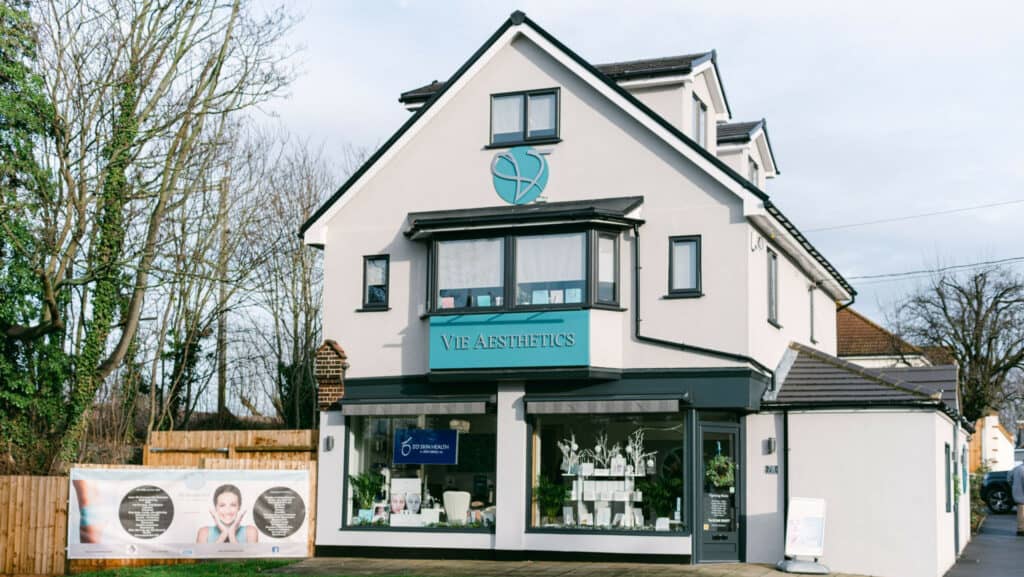
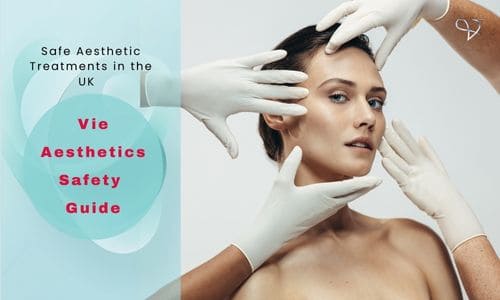
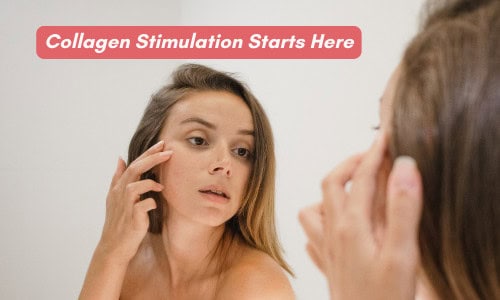 Read this article
Read this article

